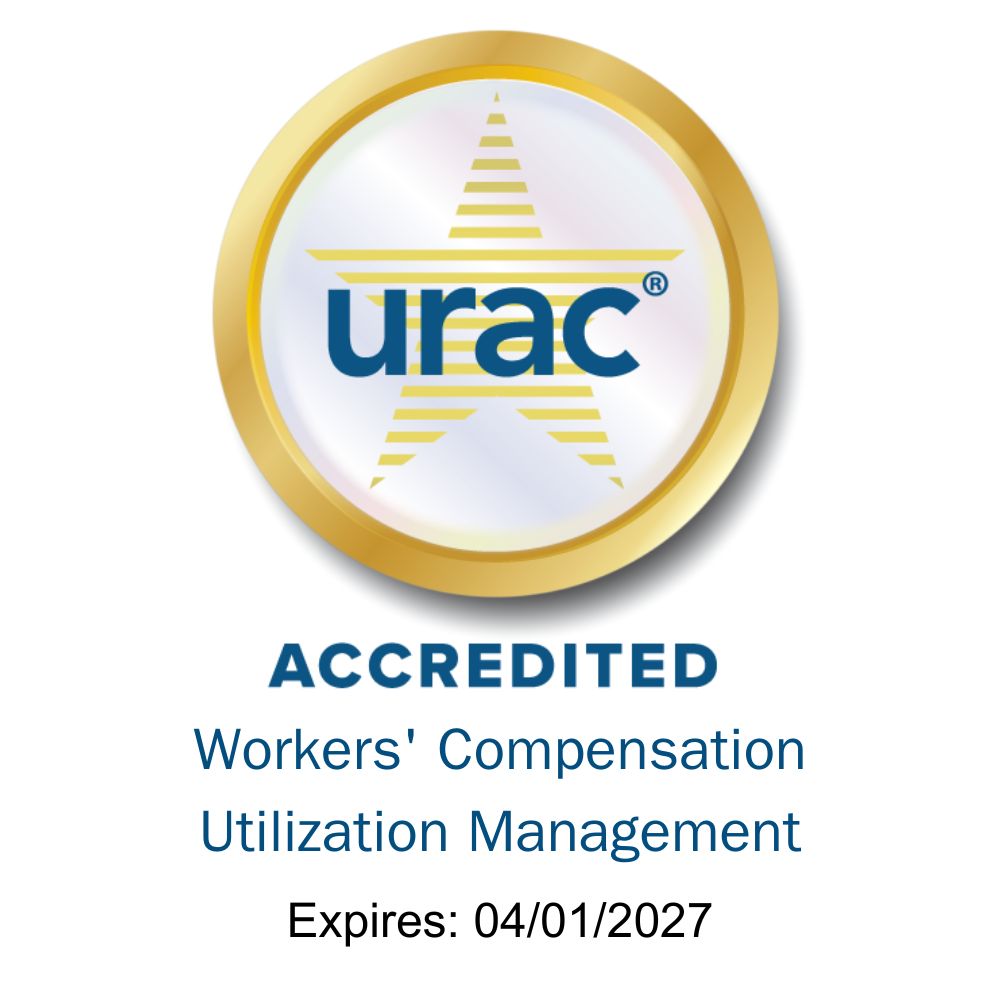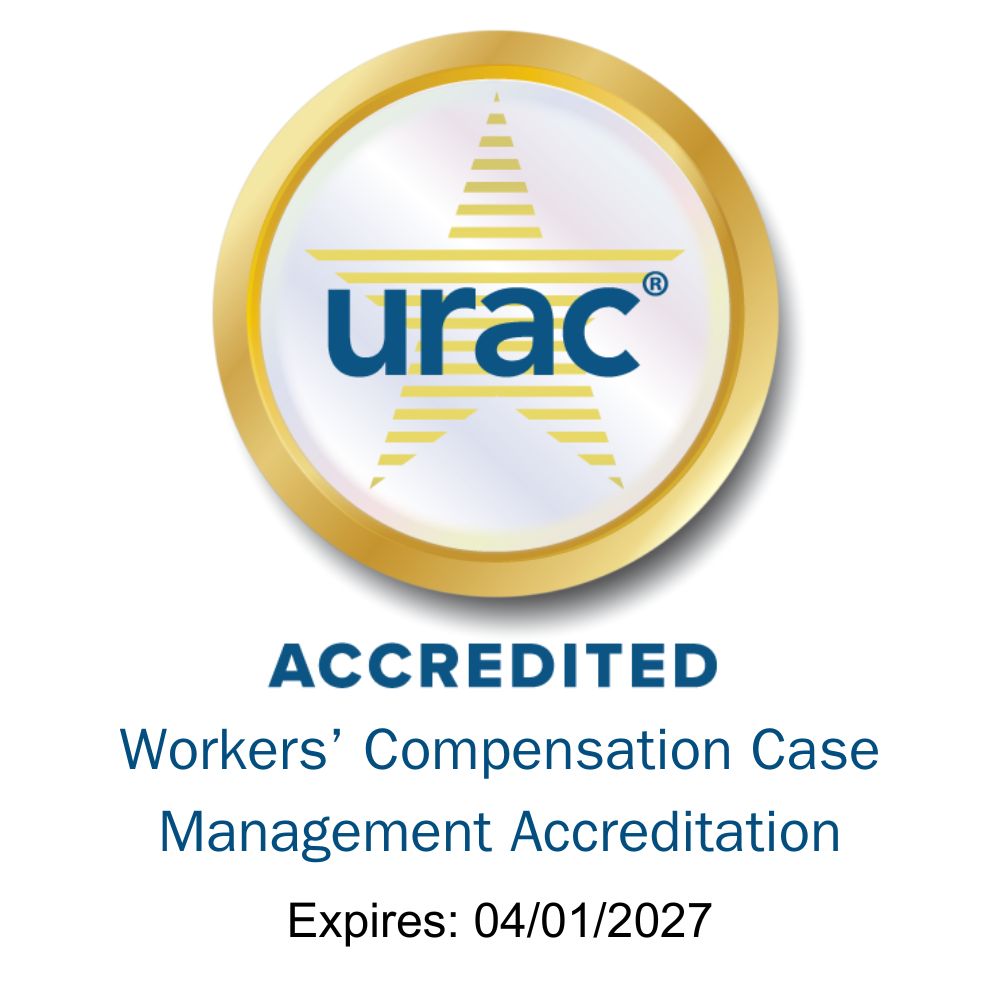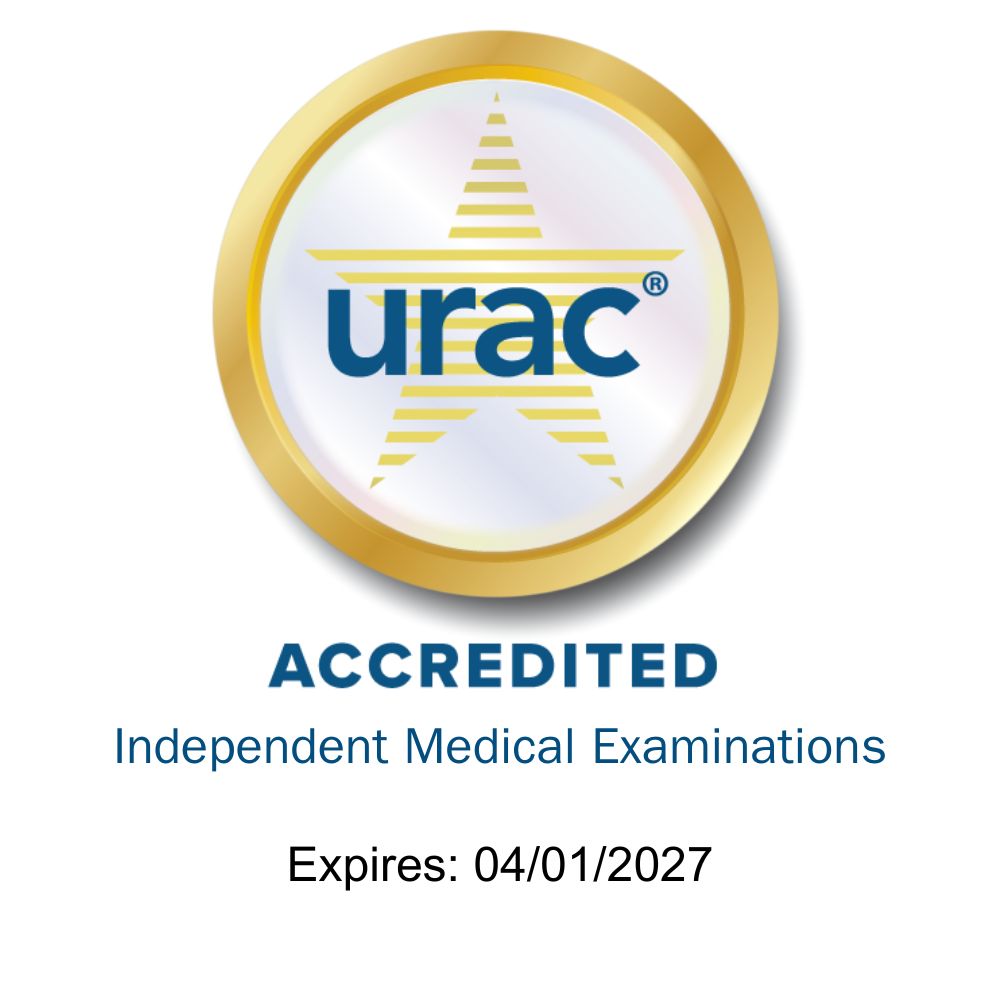Answers to Frequently Asked Questions about IMEs
From answering questions about what an independent medical examination is, to tips on writing cover letters, we’ve got you covered.
What is an independent medical examination?
Above all else, an IME must be impartial and based on medical evidence. The evaluation is performed by a physician who is an expert in a relevant field or specialty, but who is not involved in monitoring the claimant’s health or treatment. Instead, these physicians will have a limited relationship with the examinee, usually confined to just the ordered IME. IME physicians are objective evaluators, rather than treating physicians, for the examinee and, therefore, do not have a stake in the outcome of the evaluation.
The examinee is usually referred by a third party, such as an adjuster at a third-party administrator, state agency, or workers’ comp insurance company. The process of the evaluation includes obtaining a medical history, performing a physical examination, and reviewing medical records and associated diagnostic studies.
IME physicians perform the exam to assess the examinee’s health, injury or disability. They have a dual obligation to the patient and the third party. For patients, although IME physicians do not have a direct treating role, they may recommend different treatment protocols as best practice. They may also suspect undiagnosed illnesses and, when appropriate, suggest the patient seek care from a qualified physician. For the third party, IME physicians will respond to posed questions and provide a final IME report with their findings, based on medical evidence.
Why request an independent medical examination (IME)?
As workers’ compensation professionals deal with increasing complex claims, they may become uncertain about specific determinations on a case. For example, they may wonder about the true cause of a claimant’s condition. They may be unsure of the best course of treatment. They may think that a degree of symptom exaggeration exists. In other situations, the case can be complicated by other medical issues—such as diabetes, hypertension or depression—which can hinder the injured employee’s recovery. Due to these types of challenges, adjusters will often request an independent medical examination (IME) to help determine the next step in the claims, medical management, or return-to-work (RTW) process. In some jurisdictions, specific medical review is required to close or advance a claim.
How does an IME differ from a regular appointment with a doctor treating a workers’ comp injury?
As the word “independent” indicates, IME doctors are impartial evaluators. Adjusters may want or need more information about a claim, or they may be required in some jurisdictions to get an IME to close or advance a claim.
What is needed for the IME?
In order to have a clear picture of the injured worker’s medical status prior to injury, the IME doctor should receive all relevant background before the physical examination. They will review the chronology and medical history of the case, including:
- First report of injury
- Medical records
- Diagnostic test results and films
- (MRIs, CTs, pulmonology, etc.)
- Job analysis/physical demands analysis
- Statements from the injured worker
- Statement of medically accepted conditions from the insurer
The IME doctor will assess medical history through both a review of the medical records and information gathered directly from the patient during the physical exam. They will also look at preexisting or comorbid conditions, past and current medications, psychosocial issues, and symptoms. During the examination, IME doctor will look for any nerve, muscle, or soft tissue injuries. Is there pain on palpitation? Does the injured workers report tenderness or swelling? Are muscles guarding or splinting? What other responses are observed during the examination? Does the injured worker wince or pull away? Do they seem to have an exaggerated response? This face-to-face examination with an impartial doctor who is knowledgeable in the appropriate field can provide adjusters with invaluable information so they can make educated decisions about a claim.
What are some helpful tips of items to include or consider when placing an Independent Medical Examination for referral?
- Include the compensable body part(s) accepted on this claim
- Include the specific recommended surgery or diagnostic study to be addressed
- Provide all pertinent medical records
- Provide a job description (if applicable)
- Request the specific service(s) you need (IME, peer review, etc.)
- Specify a preferred physician whom you would like to use (if applicable)
- List any specialties you prefer to use. If a requested specialty is unavailable, list alternative specialties you would consider
- Provide the contact information for the attorney on the case (if applicable)
- Identify the specific issues to be addressed such as RTW, MMI, impairment rating, etc.
- Note if a mileage check is to be issued by Genex and sent on your behalf
- List any recently approved surgery and/or diagnostic test that should be reviewed for causal relationship. Be sure to provide the specific surgery or diagnostic requested
- Include any special circumstances regarding the case that should be brought to our attention
- If applicable, provide the assigned case manager’s contact information who should receive correspondence related to the IME or peer review
Are IMEs used in other settings besides workers’ compensation such as in 1st and 3rd party auto claims?
Absolutely, this of course is dependent on jurisdictional and/or policy requirements. If you have a 1st or 3rd party auto claim, reach out to us and we can help you evaluate the claim to see if an IME is in order.
Do you have samples of general, well-written questions to nclude in a cover letter that we can pick from?
Good questions are based on asking questions that are specific to the claim. That being said, there are really no sample questions to provide since each claim is different. We have included some sample cover letters for you to review for additional information.








